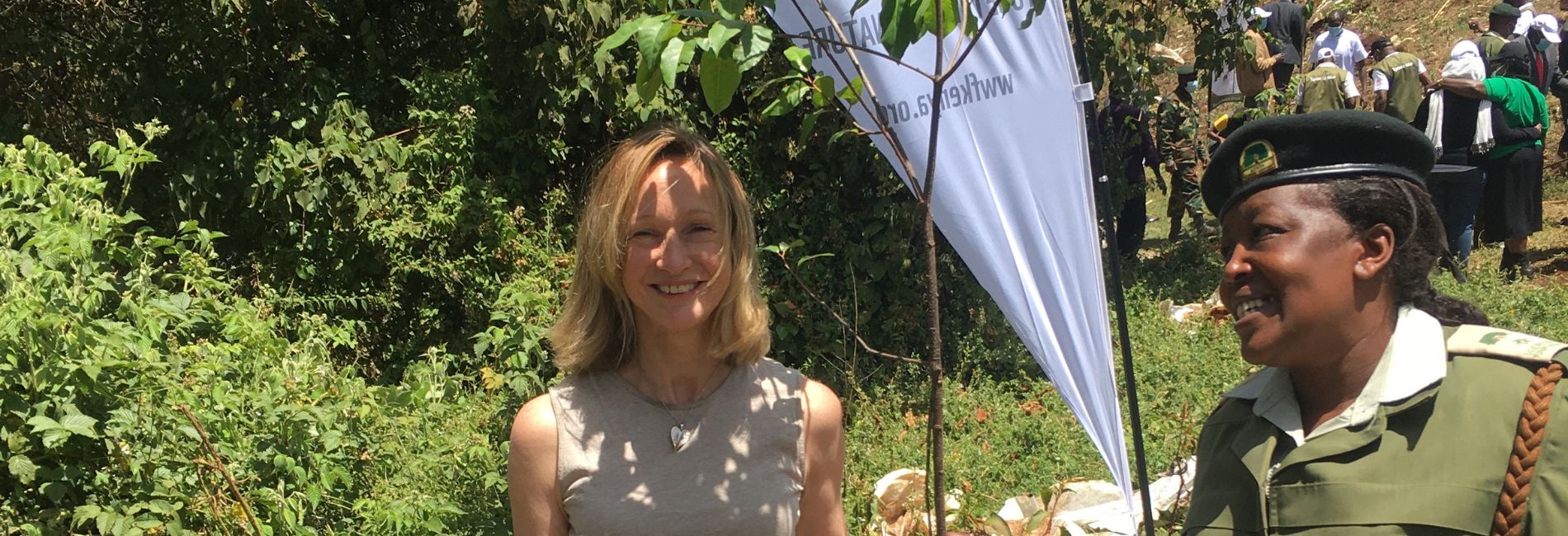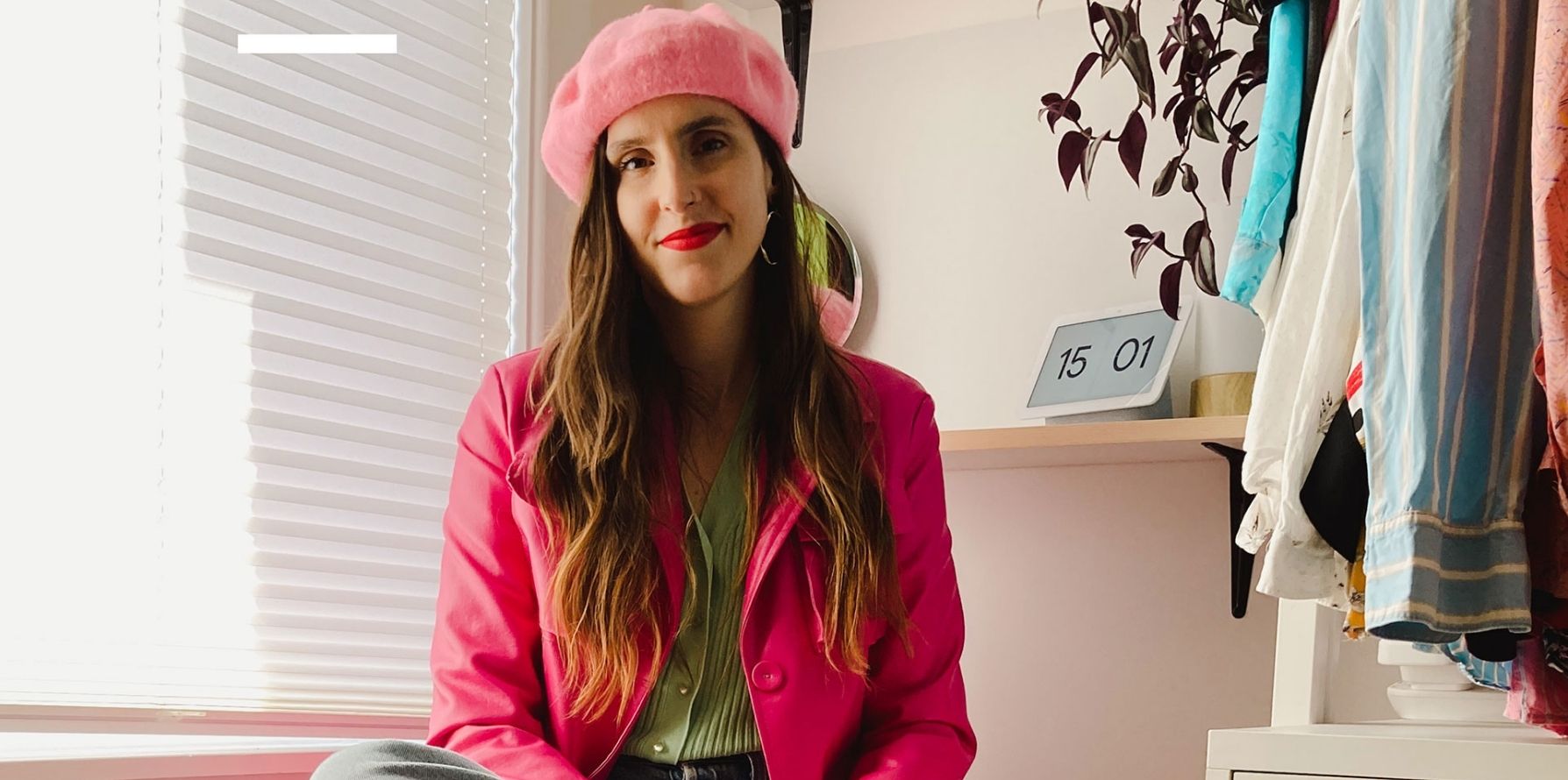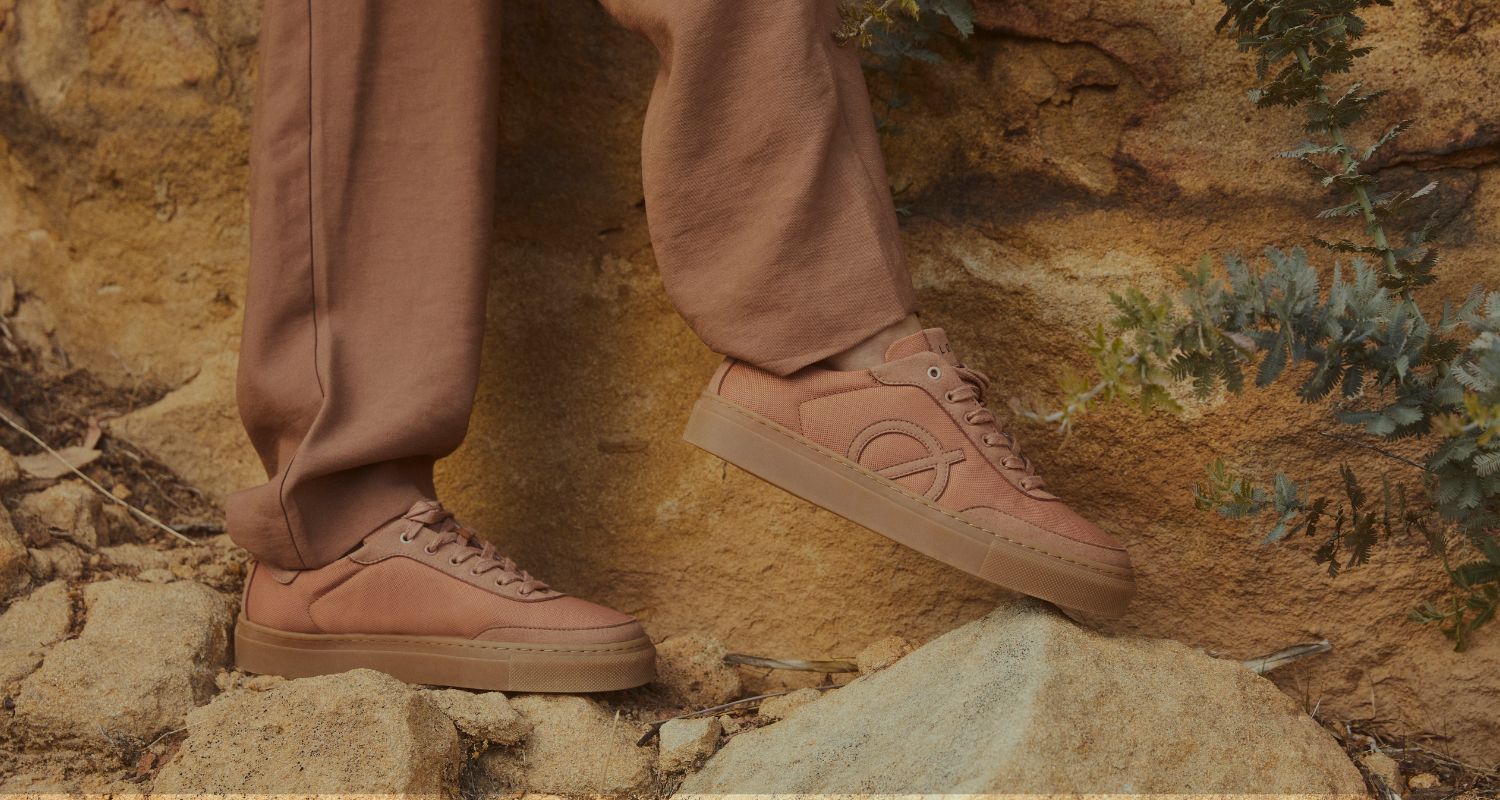
Helen Gibbons - Conservationist and Environmentalist
Helen Gibbons is a prolific Conservationist and Environmentalist, as well as being Director of Conservation Programs with the Worldwide Fund for Nature, United Kingdom.
So what does conservation work entail?
When I tell people what I do, I often get a romanticized response – of wow, that’s lovely, how nice. I’m left wondering what they think I do all day – so thank you for the opportunity to explain this. The reality is that most of the time working with conservation - I am dealing with the destruction of really important ecosystems like the forests or the grasslands, the human conflict caused by wild animals or the underlying causes of these issues; like unsustainable commercialized cattle farming, the way we grow food staples like palm oil, coffee or cocoa, or the expansion of towns and infrastructure across important connectivity areas where wildlife roam.
However, these conservation programmes are only one aspect of working in conservation. Other conservation related activities include designing the programs, writing funding proposals and monitoring and evaluating the work. We also need to collaborate with and report to donors, build partnerships with local, regional and national organisations, undertake advocacy towards government and corporations and mobilise people to take action and actively support nature. Further, I spend a lot of time managing my team, developing processes and checking budgets. So, there's a wide range of different activities and tasks I do within the conservation sector that people often don't think or hear about.

What has been your favourite project?
Owing to the many years of working in conservation, I’ve had the privilege of working in a good range of projects. But the one that stands out in my mind as one of the most rewarding is working with the Masai Mara Wildlife Conservancies Association: https://maraconservancies.org/. I was the founding CEO with two Masai colleagues and a multi-party Trustees board. We worked together, to build the umbrella membership organization and develop a sustainable ecosystem approach and wildlife management for the greater Masai Mara region, outside of the Masai Mara National Reserve, in Kenya.

How can we better connect people emotionally to conservation issues?
I think choices and communication is key. First, conservation must start at home - it needs to be in the choices we make every day: whether they're essential purchases or luxury items. Many of our choices influence how corporations view and fulfil our demands.
I'm constantly reminding people that mother Earth is our home. It's not just a planet or the environment – it’s our home. Life on Earth is inextricably intertwined and we as a species, are highly dependent on the complex web of life. If we destroy nature, ecosystems and wildlife, we're destroying our home and killing the web of life that we all depend on. What future are we giving ourselves? What future are we giving our children and grandchildren if we destroy the variety of plant and animal life that has been on earth for millions of years?

What's a fact you wish everyone knew?
Growing food is one of the fundamental drivers of how we destroy, biodiversity - the variety of plant and animal life. And I'm sorry to say, that it's only getting worse. In my lifetime, we've lost 68% of our wildlife populations. That's a staggering percentage. It's happened since 1970 mainly because the world marketplace has developed rapidly and it’s developed unsustainably, with little consideration to replenish that which we take from mother Earth. If the human race continues at the same or accelerating rate of development – changing the forests, seas and grasslands into land to grow food commercially and unsustainably - we will destroy the home on which we depend.
Owing to our collective behaviours of the 21st century we are on a collision course with nature – be it the weather system, the ability for soil to grow food or the provision of fresh water to drink. I ask anyone who’s reading this transcription, to get conscious about the food you’re buying and the energy you use. This isn’t only about plant-based or meat; it's about how the food is grown or bred, whether it’s regenerative agriculture, sustainable cattle ranching or fishing. It’s time to make conscious decisions and choices in all areas of our lives and communicate the importance of doing so to others.



